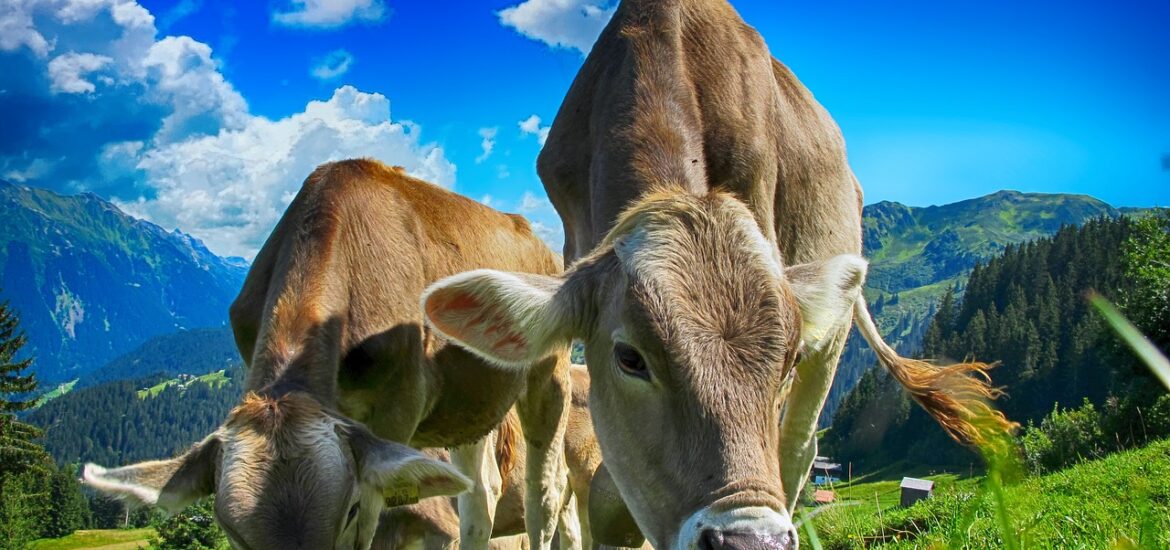For farmers and livestock owners, the health and well-being of their animals are of paramount importance. When a farm animal falls ill or requires routine care, the services of a veterinarian become essential. One common concern among farmers is the cost associated with vet farm calls. In this article, we will delve into the factors that influence the cost of a vet farm call and what farmers can expect when seeking veterinary services for their livestock.
Factors Influencing Vet Farm Call Costs:
- Geographic Location: The location of your farm plays a significant role in determining the cost of a vet farm call. In remote or rural areas, veterinarians for farm animals may charge more due to travel time and expenses. Conversely, farmers in close proximity to veterinary clinics may enjoy lower call-out fees.
- Type of Animal: Different animals require varying levels of expertise and care. The type of animal being treated influences the cost of the vet farm call. Larger animals, such as cows or horses, may incur higher fees compared to smaller livestock like chickens or goats.
- Emergency vs. Routine Calls: Emergency vet farm calls often come with a higher price tag. If a farmer requires immediate assistance for a sick or injured animal, the veterinarian may need to rearrange their schedule, potentially incurring additional costs. Routine calls, on the other hand, scheduled in advance for vaccinations or check-ups, are generally more cost-effective.
- Services Provided: The nature of the services rendered during the farm call affects the overall cost. Basic check-ups, vaccinations, and routine health assessments may be more affordable compared to complex procedures, surgeries, or specialized treatments.
- Time of Day: Veterinary services rendered during regular working hours may be less expensive than those provided during evenings, weekends, or holidays. Emergency calls made outside of regular hours often involve higher fees to compensate for the inconvenience.
Managing Vet Farm Call Costs:
- Establish a Relationship with a Local Veterinarian: Building a rapport with a local veterinarian can lead to more reasonable fees. Regular check-ups and consultations can help establish a relationship, making it easier to negotiate costs and receive personalized advice for your specific farming needs.
- Utilize Group or Community Services: Some veterinarians offer group services or community outreach programs where they visit multiple farms in the same area on the same day. This can significantly reduce the cost for each farmer as expenses are distributed among multiple clients.
- Invest in Preventive Care: Proactive measures such as vaccinations, proper nutrition, and regular health check-ups can prevent illnesses and reduce the need for emergency vet farm calls. Investing in preventive care is not only cost-effective but also promotes the overall well-being of the livestock.
Conclusion:
While the cost of vet farm calls may vary based on several factors, understanding these variables can help farmers make informed decisions about their livestock’s healthcare. Building a positive relationship with a local veterinarian, prioritizing preventive care, and exploring community-based services are effective strategies for managing and reducing vet farm call costs. By investing in the health of their animals, farmers can ensure the longevity and productivity of their livestock operations.

